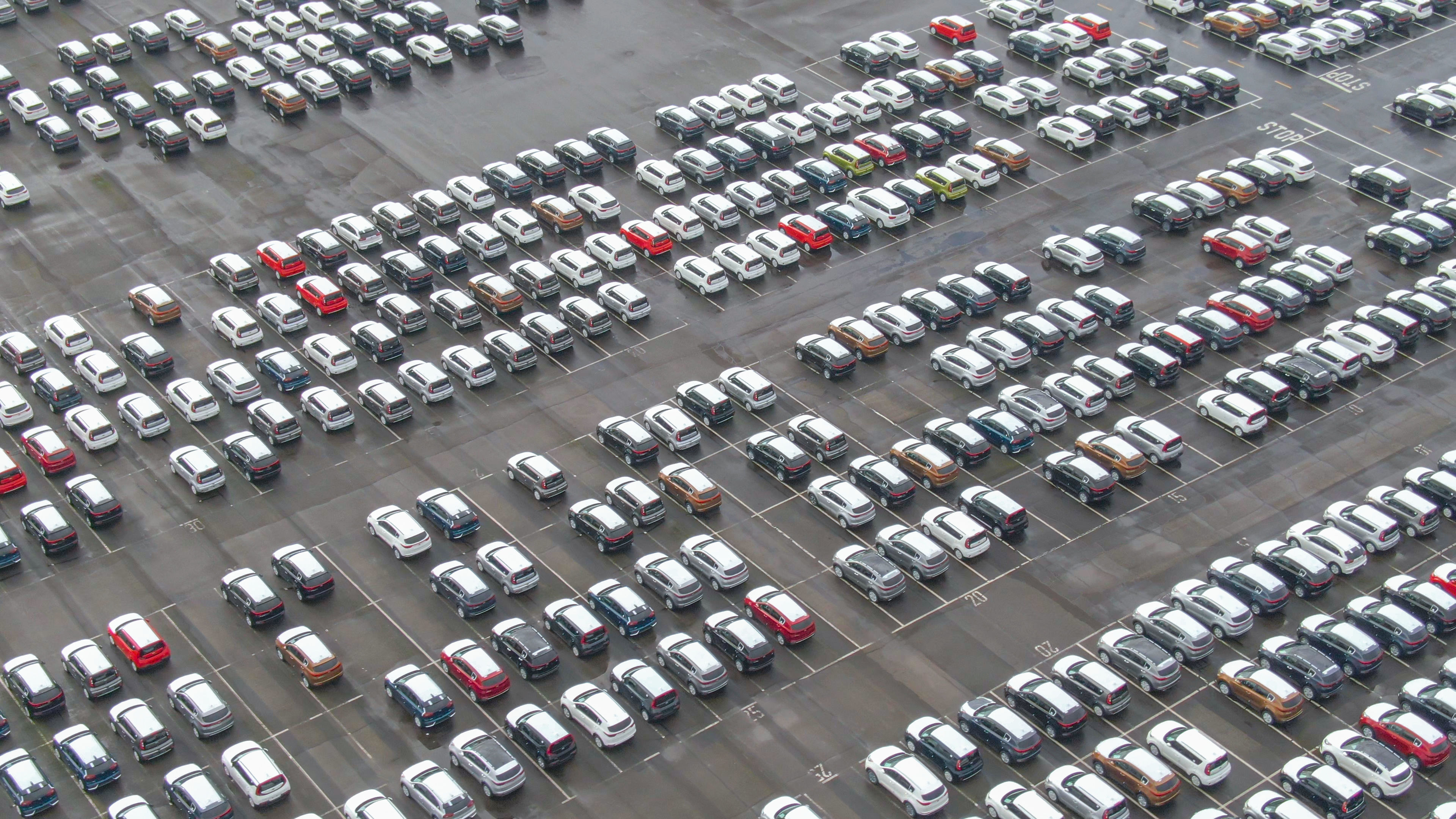The German passenger car market has reached a record level in 2019. A total of 3.61 million passenger cars were newly registered, which is an increase of 5 percent over the previous year. A strong year-end spurt also contributed to the result. According to the Federal Motor Transport Authority, registrations rose by 19 per cent to 283,400 units in December.
Reinhard Zirpel, President of the Association of International Motor Vehicle Manufacturers (VDIK), said: “The German passenger car market was extremely strong in 2019 and, excluding the eco-rebate year 2009, reached its highest level in 20 years. In 2020, this record hunt will be followed by a normalization. The VDIK expects around 3.35 million new passenger car registrations.”
New registrations of alternative drive systems developed particularly dynamically. The increase amounted to around 75 percent over the course of the year. The share of the total market rose from a good 5 to almost 9 percent. There were 134,000 more new vehicles with alternative drives registered than in 2018, which means that alternative drives accounted for more than three quarters of the overall market growth of around 170,000 units.
The international manufacturers sold 1.4 million passenger cars last year. That is around 70,000 vehicles or a good 5 percent more than in the previous year. Their market share was thus stable at just under 39 percent. Four out of ten new cars in Germany carry the logo of an international brand. In December, as many as 41 percent of all newly registered passenger cars came from VDIK member companies.
Between January and December, 2.14 million new passenger cars with a gasoline engine were delivered, almost as many as last year. Compared to 2018, the gasoline share dropped to 59 percent. This is still the second highest volume in a 10-year comparison. New registrations of diesel passenger cars increased significantly, namely by 4 percent. This means that the diesel share stabilized at 32 percent. Here, a bottom has formed at a low level for the time being.
At 1.24 million units, private new registrations almost reached the level of 2018, which is a good 34 percent of the total market. The imported brands increased their share of the private market to a good 46 percent for the year as a whole. The second important pillar of registrations is fleet sales, which increased significantly in 2019 and now account for 28 percent of the total market.





